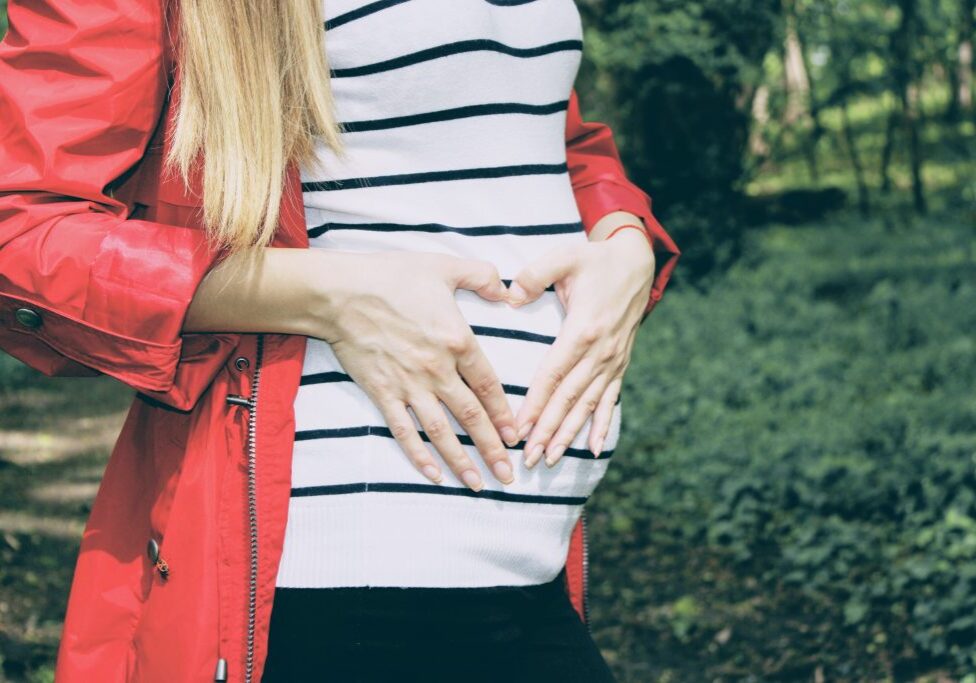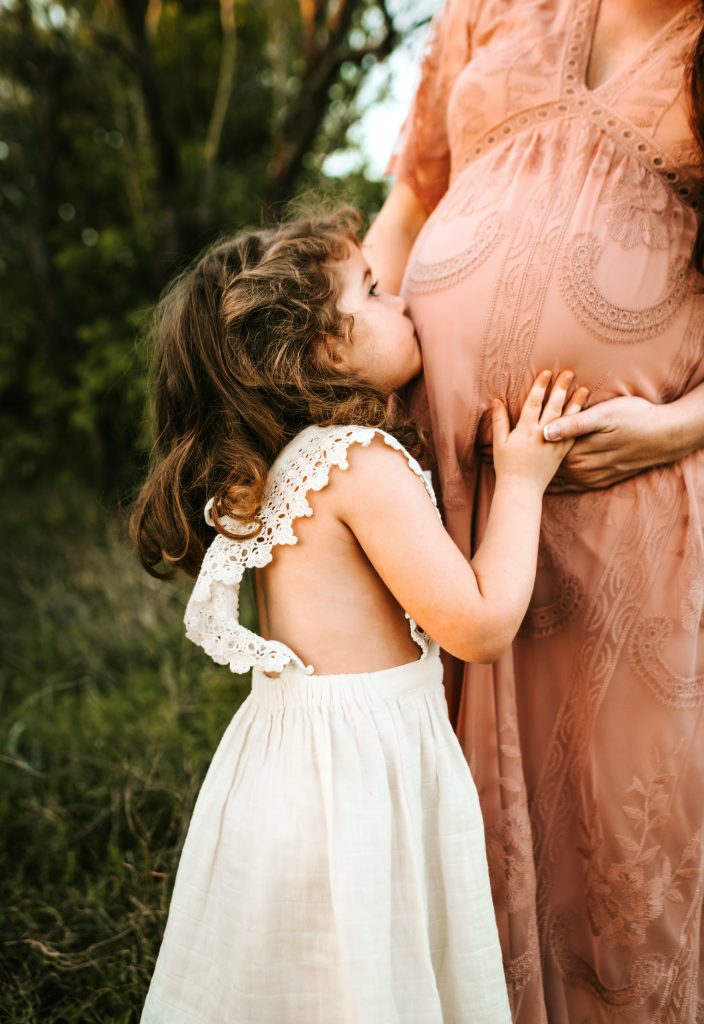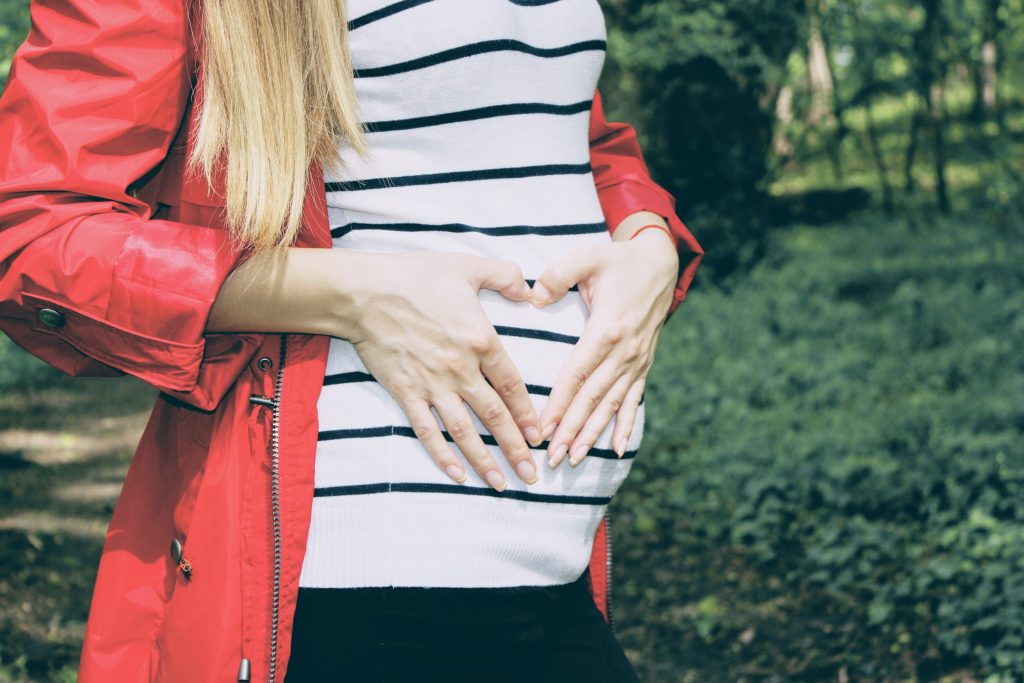Sounds, Hearing and how it Affect your Unborn Baby

Hearing is the first of the senses that is developed. As early as 18 weeks, your unborn baby can already hear sounds. The baby will start hearing sounds of the mom’s body – stomach rumblings, heart beating, breathing. By the 26th week, the baby can already hear sounds outside of the body. By this time, the baby can also react and recognise various sounds. But it is the mother’s voice that is strongest, clearest, and which the baby will first recognise.
How your environment can affect your Unborn Baby

Experts reveal that unborn babies are attuned to their mother’s emotional state and feelings. They can tell if their mother is happy, sad, stressed, or relaxed. Emotions are also transferred from the mom to the child. Calm and happy pregnancies are more likely to bring happier and emotionally stable babies. Avoid stressful environments, events, and relationships during your baby’s most crucial developmental stages.
The mother’s environment also affects the unborn baby. A loud and stressful environment could lead to developmental damage, emotional stress, and even hearing impairment. Pregnant women are advised to take it slower, refrain from nerve-racking engagements, and a fast-paced environment. If you cannot take some time off work, ask for less stressful locations and tasks.
Activities to Bond with your Baby in Utero
Interacting, engaging, and bonding with your baby can start as soon as they develop hearing. Here are ways you and your family can bond with your unborn baby.

- Talking – Talking to your unborn child can be therapeutic to you and soothing to the baby. As the mother’s voice is the loudest and clearest sound babies hear from the womb, talking is your best way of engaging your baby. Be mindful that babies can also detect emotions from your voice.
- Playing music – Babies entering the last trimester already have a fully-developed hearing. They can already hear and react to sounds coming from outside of their mom’s body. Playing classical music to unborn babies has shown to increase intelligence and soothe the baby. You can also go with your favourite music genre – country, jazz, pop. Just remember, loud and blaring sounds might do more harm than good.
- Singing – Singing alone is already an engaging and relaxing activity. It releases good energy, promotes positivity, and lightens the heart. Aside from engaging your baby with the sound of you singing, your improved mood will also trickle down to your baby.
- Responding to your baby’s kicks – Their kicks could be the first messages you can get from your baby. Rubbing your tummy and gently talking to them in response to kicks will let your baby know you’re getting the message!
- Family Talks – Get the rest of the family to bond with your baby too! Let them touch your belly, feel the kicks, and talk or sing to the baby. Even pets who have heightened senses like to bond with the unborn child. Dogs and cats are known to lie near pregnant women and recognise the child when they come.

Conclusion
It might take nine months to finally meet your bundle of joy. But it doesn’t need that long to get to bond with them. Around four months, a baby can already hear. First, the sounds from inside the mother’s body, then the mother’s voice, then sounds coming from outside. The baby will start responding to the sounds at around seven months. Talking, playing music, and singing are great ways to interact with your baby. Soft lullabies and classical music will soothe and relax you and your baby, while loud noises and crash music could startle and stress out.
